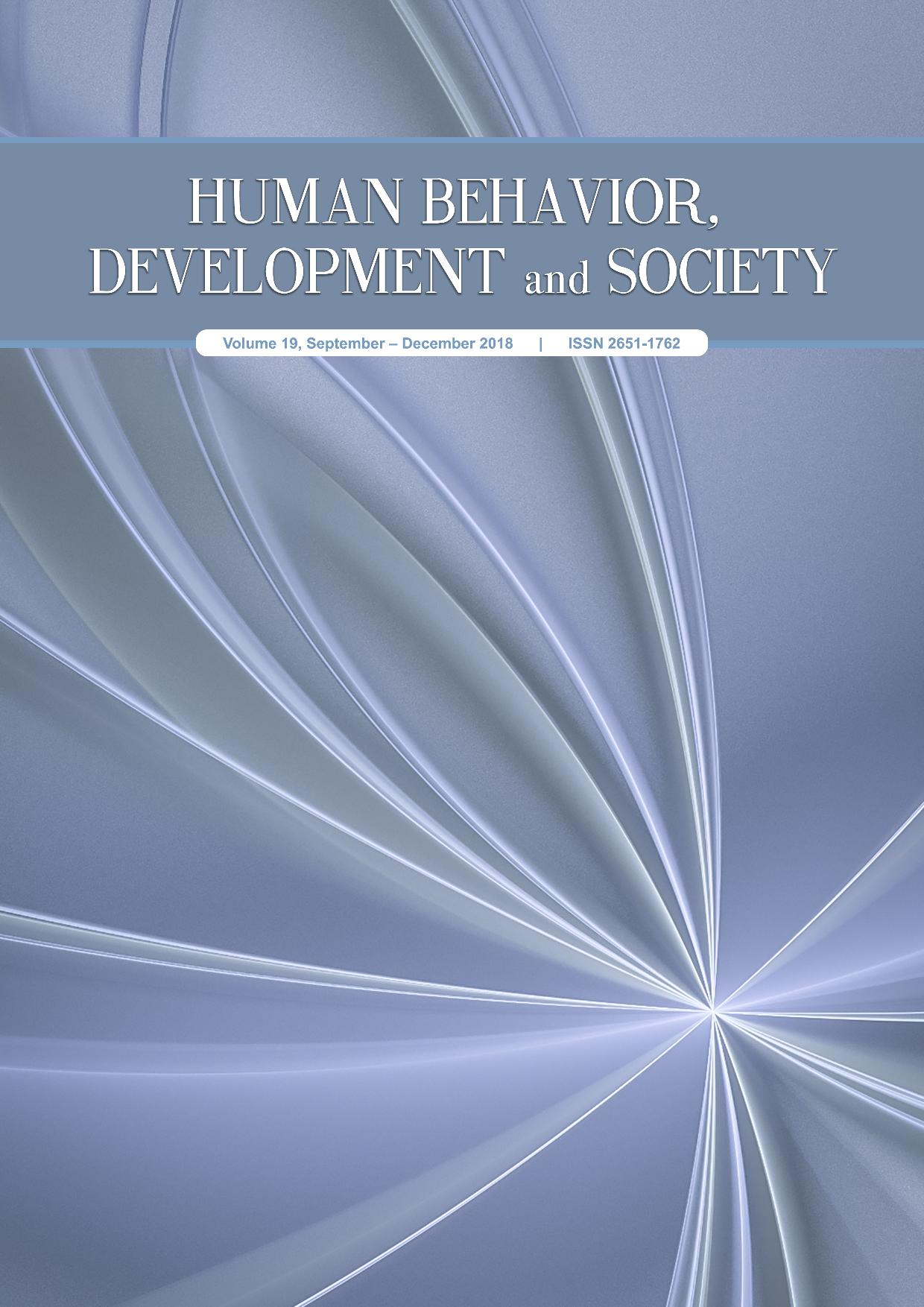Perceived Self-Efficacy, Outcome Expectations and Self-Care Behavior of Hypertension Patients Treated at Langkao and Saonoi Subdistrict Health Promotion Hospitals, Muak Lek District, Saraburi Province, Thailand
Main Article Content
Abstract
The study investigated the level, perception, and factors of perceived self-efficacy, outcome expectation, and self-care behavior in 3 categories (nutrition, physical exercise, and stress management) of hypertension patients. Sixty-two subjects with blood pressure controlled <160/100 mmHg receiving normal treatment and program were randomly selected from two settings. Questionnaires with descriptive statistics, t-test and stepwise multiple regression were used to predict perceived self-efficacy and outcome expectations influencing self-care behavior.
Most respondents perceived self-efficacy, outcome expectations, and self-care behavior in 3 categories (intermediate to the highest level). The independent sample t-test demonstrated that self-efficacy in physical exercise of the sample at Langkao Hospital is significantly higher than that of Saonoi. The outcome expectation in nutrition aspects of the sample of Saonoi Hospital is significantly higher than that of Langkao. Perceived self-efficacy and outcome expectations in these 3 categories can significantly predict self-care behavior alone at the 95% (p < 0.05) level. The best factor significantly predicting self-care behavior (61.90%) is perceived self-efficacy in stress management (p < 0.05). These findings show that both hospitals should routinely offer health-related activities in the 3 categories. Information should be demonstrated with hands-on practice whenever possible. These findings reflect the initiative of Thai Public Health strategies and policies for non-communicable diseases (NCD).
Article Details

This work is licensed under a Creative Commons Attribution-NonCommercial-NoDerivatives 4.0 International License.
Copyright: Asia-Pacific International University reserve exclusive rights to publish, reproduce and distribute the manuscript and all contents therein.
References
Bureau of Policy and Strategy, Ministry of Health. (2006). 2002-2006 Health Statistics. Retrieved from http//bps.moph.go.th/index.php?mod=bps&doc=5
Bureau of Policy and Strategy, Ministry of Health. (2010). 1998-2010 Health Statistics. Retrieved from http//bps.moph.go.th/index.php?mod=bps&doc=5
Bureau of Policy and Strategy, Ministry of Health. (2011). Health Statistics. Retrieved from http//bps.moph.go.th/index.php?mod=bps&doc=5
Chaisongkarm, S. (2002). The effects of a health promotion program on elderly club members, Amphur Muang, Nonthaburi Province (Unpublished Master’s Thesis). Mahidol University, Thailand.
Charernyuth, A. (2009). The effectiveness of health promotion program for elderly with hypertension (Unpublished Master’s Thesis). Nakhon Ratchasima Rajabhat University, Thailand.
Pangjunant, T., & Panthuvet, N. (2013). Important Issues on Hypertension Day 2013. Retrieved from www.Thaincd.com/document/file/
Pender, N. J. (1996). Health Promotion in Nursing Practice. USA: Appleton and Lange.
Prompiengboon, J. (1998). Health promotion program for patient in self-care behavior at Lampoon Hospital (Unpublished master’s thesis). Chiangmai University, Thailand.
Rhitchareon, P. (2002). Measurement and Evaluation (7th edition) Bangkok: House of Kermyst.
World Health Organization. (1999). World Health Organization-International Society of Hypertension guidelines for the management of hypertension. Journal of Hypertension, 17(2): 151-183.


